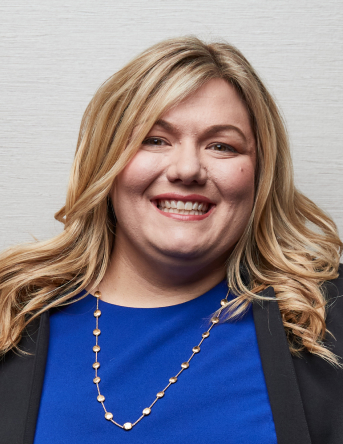A recent publication indicates that United States utility companies in 22 states have reported nearby groundwater contamination. Many of those utility companies have been discovered to have coal-ash pollution so severe that cleanup plans have been mandated. But the question remains, how long do these companies have to clean up the mess made by coal-ash ponds leaching into the ground?
The Obama Administration’s Coal Ash Rule set a deadline of spring 2019, but the Trump Administration extended that deadline until October 31, 2020.
The Trump Administration continues to push to roll back federal rules for managing and cleaning up contamination from the billions of tons of coal-burning waste that have piled up in these 22 states even after the EPA and other reputable environmental and health agencies have proven the dangerous nature of the coal ash contaminants.
Deadly Contaminants
No one can argue the lethal nature of coal-ash contaminants. According to the Environment Protection Agency (EPA), living next to a coal ash disposal site can increase your risk of cancer and a whole host of other disease and conditions. Coal ash ponds that are not properly protected with a secure lining to keep the ash from leaching out (an unlined wet ash pond) that provides for a family’s drinking water well results in having as much as a 1 in 50 chance of getting cancer from drinking arsenic-contaminated water.
Arsenic is just one of the many heavy metals found in coal-ash. Others include lead, mercury, selenium, cadmium, and chromium, aluminum, barium, zinc, chlorine, manganese, and nickel. If the toxic materials in coal ash become ingested or inhaled, cancer, nervous system conditions and more may develop. These conditions include:
- Respiratory distress
- Lung disease
- Birth defects
- Reproductive issues
- Heart damage
- Gastrointestinal problems
- Kidney disease
- Impaired bone growth in children
Who Will Ultimately Pay for Coal Ash Cleanup?
All coal power plants in South Carolina are removing coal ash from unlined coal ash ponds to prevent leaking dangerous toxins into nearby waterways, but more states must follow suit. Unfortunately, some utilities are passing on the cleanup costs to their customers.
Duke Energy, based in North Carolina anticipates spending $5 billion on coal ash cleanup over the next five years, and state utility regulators have agreed to allow the company’s two North Carolina subsidiaries to charge its customers for the first $778 million of the total cost.
Alabama Power customers this year will absorb $200 million in coal ash cleanup costs, and in Virginia, Dominion Energy sought approval recently from state utility regulators to collect $114 million from its customers to pay for coal ash cleanup.




